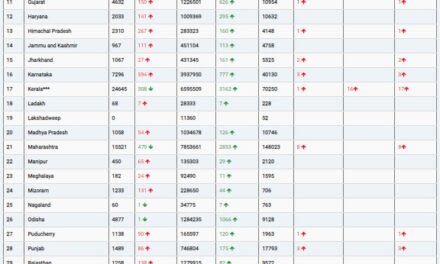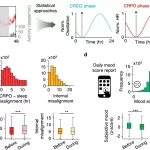Heart disease, already the leading cause of death among men, may pose an even greater threat to fathers later in life, according to a new study conducted by scientists at Northwestern University and Ann & Robert H. Lurie Children’s Hospital of Chicago.
The study, which examined 2,814 men aged 45 to 84, revealed that fathers tended to have poorer cardiovascular health compared to their childless counterparts as they aged. Factors such as diet, physical activity, smoking habits, weight, blood pressure, and blood lipid and glucose levels were used to assess heart health among the participants.
Dr. John James Parker, corresponding author of the study and an internist and pediatrician at Northwestern University Feinberg School of Medicine, highlighted the challenges fathers face in maintaining a healthy lifestyle amidst the responsibilities of childcare. “The added responsibility of childcare and the stress of transitioning to fatherhood may make it difficult for men to prioritize their health,” Dr. Parker noted.
Interestingly, despite their poorer cardiovascular health outcomes, fathers in the study exhibited lower mortality rates than nonfathers. Dr. Parker attributed this finding to potentially stronger social support systems among fathers, which are known to correlate with reduced mortality rates. Additionally, fathers showed lower rates of depressive symptoms compared to nonfathers, suggesting a possible protective effect of fatherhood on mental health.
The study, published as a peer-reviewed preprint in the journal AJPM Focus, underscores the need for targeted health interventions for fathers, particularly concerning cardiovascular health. It also emphasizes the importance of considering fatherhood as a significant factor in men’s health outcomes and designing public health strategies accordingly.
Moreover, the research highlighted racial and ethnic differences in the impact of fatherhood on health. For instance, Black fathers in the study exhibited lower age-adjusted death rates compared to Black nonfathers, suggesting a potentially protective effect of fatherhood among this demographic.
The study’s findings raise important questions about how fatherhood influences men’s health trajectories and underscore the need for further research into this underexplored area. Understanding these dynamics could lead to improved health outcomes not only for fathers but also for their families.
For more details, the study will soon be published in its finalized version in AJPM Focus, contributing valuable insights into the intersection of fatherhood and cardiovascular health.











